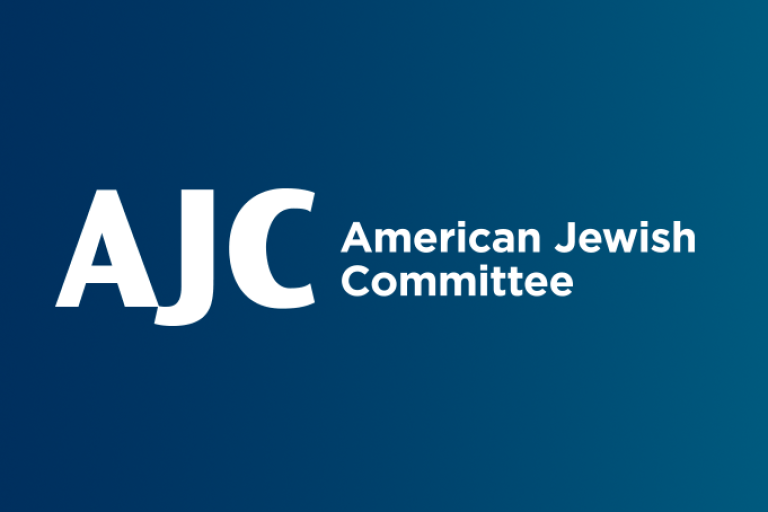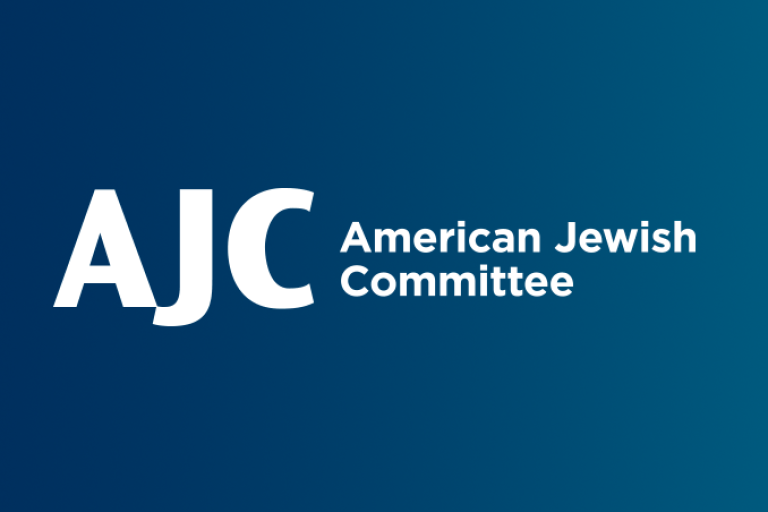February 17, 2022 — Duluth, Minnesotia
This piece originally appeared in the Duluth News Tribune.
By Jacob Millner
Interfaith work is important work. Some say it is holy work.
Today, with hate crimes and religiously motivated bias crimes on the rise, it is more important than ever.
Indeed, according to the 2021 State of Antisemitism survey conducted by the American Jewish Committee, Americans who know someone who is Jewish are consistently more cognizant of antisemitism and more likely to view it as a problem that needs to be addressed.
Knowing your neighbors and introducing yourselves to new people, cultures, and traditions help create stronger communities and reduce ignorance and prejudice. It’s a foundation of hope and understanding.
A prime example of interfaith work is the Muslim-Jewish Advisory Council, which was established by the American Jewish Committee with Muslim partners to combat the rise in hate crimes and promote the positive image of Muslim and Jewish citizens in the U.S.
Following the hostage standoff in January at Congregation Beth Israel in Colleyville, Texas, the Muslim-Jewish Advisory Council released a statement that said, in part, “We reject any attempt to use the identity of the attacker to stoke hatred against all Muslims.”
Across the country, leaders of other faith traditions reached out to local Jewish communities to check in, offer support, and, in some cases, organize interfaith events. At the same time, the silence from others was deafening.
Rabbi Neal Katz of Congregation Beth El in Tyler, Texas, not far from Colleyville, told a local TV station , “This wider community, friends, elected officials, clergy … crickets. For a community that prides itself on being an ally with any other marginalized community, the crickets in the silence is highly problematic."
That silence was also felt across the country at Cornell University, where student Sara Strober wrote in the college newspaper, “As someone on the left and a student at a liberal university, my social media feeds are usually flooded with posts about injustices that my friends see around the world. … Yet, this time was different. The only people on social media who cared to speak out against the horrors in Texas were Jewish.”
Jews in the U.S. and around the world know this feeling too well. The American Jewish Committee survey noted that 46% of American Jews believe antisemitism is taken less seriously than other forms of bigotry and hate, at a time when they know that antisemitism is all too real. The American Jewish Committee also found that 90% of American Jews believe antisemitism is a problem, and a vast majority believe it has risen in the past five years, at a time when the FBI’s latest hate-crime statistics show Jews were victims of almost six in 10 religiously biased crimes in the U.S.
Recent attacks on Jews and Jewish institutions — and displays of swastikas on buildings in New York, Washington, D.C., Chicago, Orlando, and London, to name a few places — are almost daily reminders of these threats.
President Abraham Lincoln, in 1865, encouraged his fellow Americans after the Civil War to “bind up the nation’s wounds.” The same thing applies today. We live in an exceptionally polarized and divided country. The rise in Jew hate, anti-Muslim hate, and other forms of racism has been stark. All too often, the affected communities feel alone. I implore you to reach out and start a conversation.
That’s how you get to know your neighbors.
Jacob Millner is the Upper Midwest director of the American Jewish Committee. Based in Minneapolis, his region includes Duluth.


